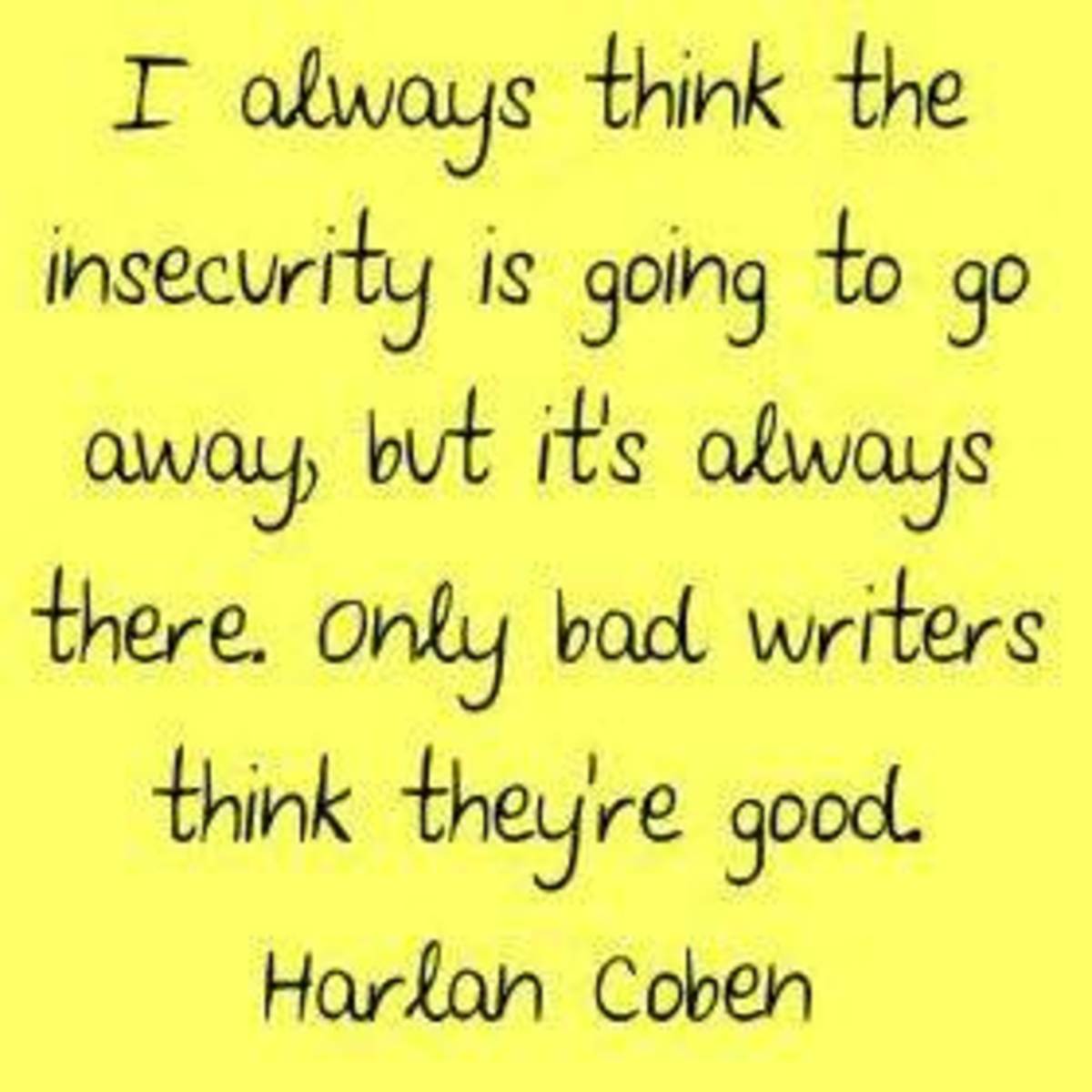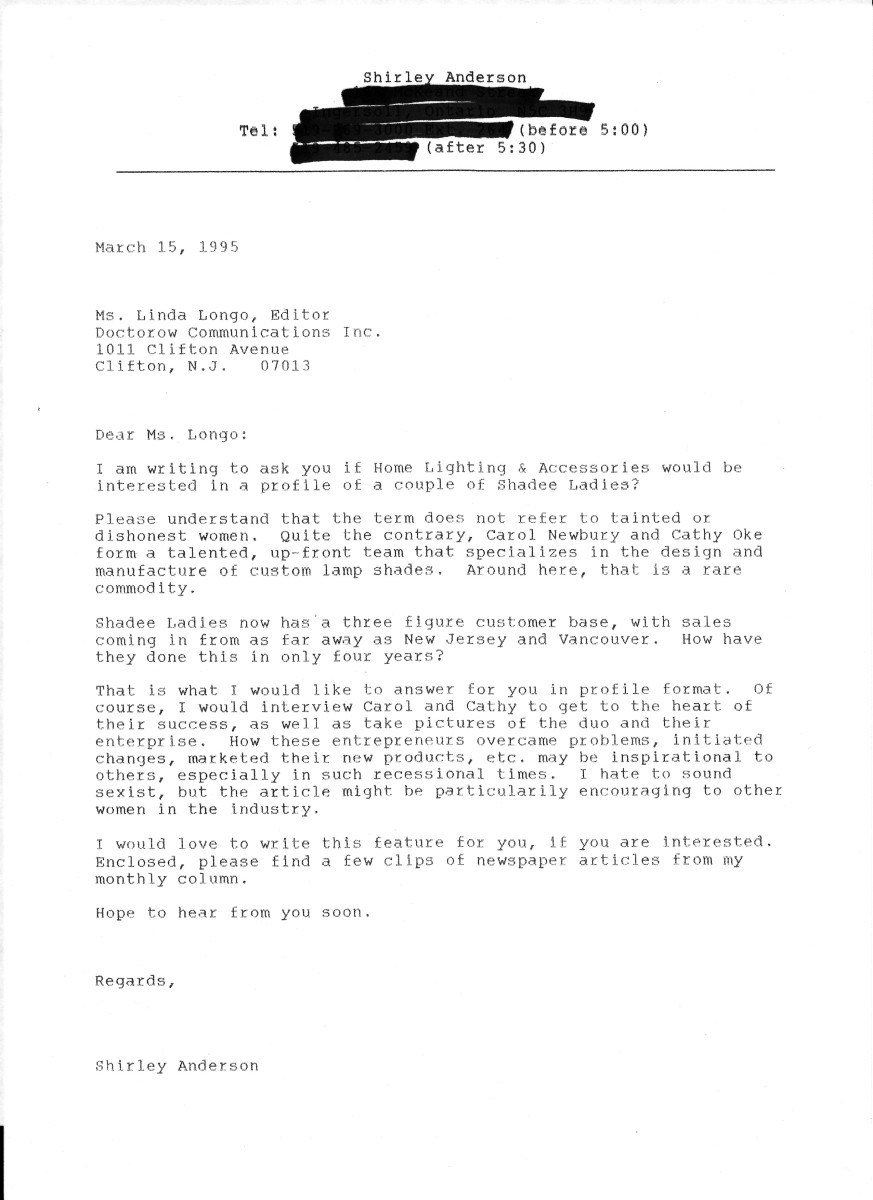- HubPages»
- Books, Literature, and Writing»
- How to Write»
- How to Get Published
How to Submit a Manuscript - the Step by Step of Creating a Query Letter

Submitting Your Work: 101
You've done it! Yay! You've completed your novel! Way to go!!
So you've decided to submit your work to a publisher or agent and you want to know how? Maybe you want to know what you will need to include in your submission? Great! Let's get started....
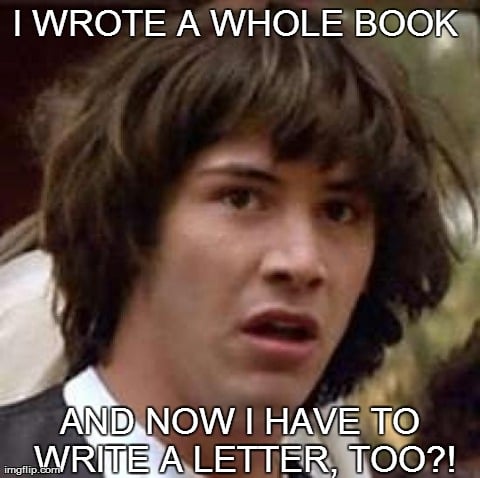
The Query Letter
This is the first step to submitting your work. (Assuming that your book is completed - you can find more information on that topic here.) The query letter will be the first glimpse of you as an author that the publishers/agents will see. It will give them a decent indication of what to expect from you as a writer. The query will be a representation of you and of your ability and of your book. Publishers and/or agents will use your query to decide whether or not they want to read your full manuscript (the completed form of your book).
What is a Query?
A query, also called a query letter, is the information you send to whomever you are submitting to-be it a publisher or a literary agent. It is typically one typed page (about 3 paragraphs) explaining who you are, what your book is about and any credentials you may have as a writer.
Why do I need one?
Besides being cheaper to send out, (one page and a SASE will be far cheaper to mail to a handful of agents and publishers than a 300 page manuscript!) the query has a shorter response time as well. Literary agents and publishers alike are bombarded with queries, proposals and manuscripts all the time. The time it would take them to read a full manuscript and then respond back to you would be much longer than if they are simply reading a few paragraphs. Some may not even bother to read manuscripts at all unless they have specifically asked for them based on this reason.
Your odds of getting your submission read and answered go up quite a bit when submitting a query letter first.
Also, believe it or not, you stand a better chance that the gist-the whole point or story line of your novel-is picked up and understood with a query letter. Why? Because you are spelling it right out in the second paragraph of your letter. This is what I wrote and this is what it's about...
Your Introduction As An Author
Why is the query letter so important? Because it is what will introduce you to the publishing world as an author. It is the first taste of your novel and is what will gain the interest of publishers and agents or turn them away all together.
Your query should be written by you and include a short paragraph about why you have written this book. This fist paragraph, is what you will be using to gain the attention of prospective publishers or agents. Be professional, be neat and get your point across. Attempts at being clever, witty or humorous in the first few lines of your query, may hurt you far more than it can help you. Yes, you want to grab their attention but you do not want to turn them off completely. Use this first paragraph to give the publisher/agent the information they are most likely interested in; the length of your manuscript, the title and genre of your book and the target audience. And make sure to let them know that the manuscript you are querying them about is finished. It is easier to farm out a completed work than one that is still being written.
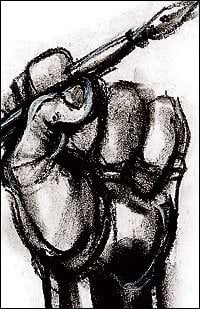
What's Your Book All About, Anyway?
The next paragraph is where you will explain your book. The success you have here will determine your publish-ability. If you can't get the point of your novel across in this paragraph, a publisher/agent may think you cannot get it across in the book itself, either.
Yes, you have one (maybe two...) paragraphs in which you must condense your novel. I know-sounds impossible but it isn't as bad as it seems. No, really! It isn't, I mean it! Just think of the blurb on the backs of books that give you a glimpse of the story or the description they put next to a book for sale on a website.
Try taking out a sheet of paper and writing down all of the most important parts of your book. If it's fiction: Who are your antagonist and protagonist? What do they experience within the book-how do they grow or change? What big question or issue comes up? If you've written nonfiction: What points does your book address? What are some statistics you discuss? What point are you arguing/supporting/discussing?
Work the points you came up with into a medium sized paragraph. If it all doesn't fit, do your best to par it down to where you need it to be. Remember, this paragraph of your query needs to be enough to whet the appetites of your reader. You want them to read this paragraph, this short synopsis, and want to read more! You've worked this long and this hard to complete your book, you need to do it justice here! Don't sell your book short!!


Something to brag about...
What Have You Accomplished?
Have you finished any other manuscripts? Do you have anything published or featured in a magazine? Well then, let them know!
The third paragraph of your query letter is where you get to pat yourself on the back, so to speak. Whatever accolades you have gained for yourself, express them here. For example, did you get a poem or short story published in a book, magazine or compilation? Have you self published a book or two previously and had some success with selling it? Are you a member of a writing website (such as HubPages) in which your work gets read by others daily?
This third section is also a fantastic space where you can let the publisher or agent reading your query know if you have finished any other manuscripts or if you are in the process of doing so. This is a great way for publishers to gauge whether or not you will be able to produce more for them in the future should they want you to and shows them that you can finish what you start!
Candid Advice From a Literary Agent
And Finally...
Take the chance to say a thank you to the recipient of your query for reading your letter and mention the title of your book once more.
For example: Thank you, Ms. Jones, for taking the time to read this letter and if you are interested in reading more of my novel, Mr. Ribbit Gets a Girlfriend, I would love to send the full manuscript or even just the first few chapters. I have included a SASE and look forward to hearing your response! Thank you again!
Be sure to include a self addressed, stamped business sized or manila envelope (SASE) with your letter for the publisher or agent to send their response. It's a simple gesture that will be appreciated and noticed.

Proper Structure for a Query Letter
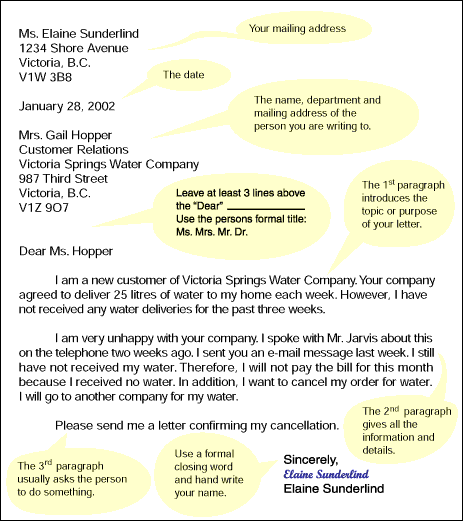
Things to Remember and Points to Consider
--Don't forget to check the guidelines regarding who you are submitting to. If an agent only wants to receive a one page query letter and will not read full manuscripts, then you would be wasting your time (and money) and theirs by sending your full manuscript. If a publisher wants your query accompanied by the first five pages of your novel, then be sure that is what you send. If you can't do what they ask of you now, that doesn't say much for how well you would work with them later.
To find this information, visit the publisher or agents website or check the publications they publish their submission information in. If there is a phone number, you can also call or email with your questions as well.
--Be sure to structure your letter properly. You should write your letter in a business format. Keep it neat, clean and professional.
--The jury's still out on how many queries to send out at once. Some believe it is best to send one query at a time, waiting for a response before sending out another.
Others say that since responses to said queries may take a while, you might as well send out a few at a time.
Whether you choose to send out one or a dozen queries at a time is up to you. Just remember that getting a response-a yea or a nay-may take some time. Literary agents and publishers are busy people and often have a lot of queries and manuscripts to read. Be patient. You may have to wait a few weeks or even a few months for responses.
--You can whittle down the amounts of pointless queries you mail out by sending your letter to publishers or agents who deal in your genre. It won't do you much good to send a query for your steamy romance novel to a children's book publisher or submit your fantasy fiction to an agent who only represents biographers.
A little research will go a long way!
--You never know what kind of responses you will receive from your queries. Be prepared for responses that say no but don't tell you why or say no and give you specific reasons or say 'I want more-send me the first three chapters/five pages/whole manuscript.'
Other Hubs In This Series:
- 3 Tips to Help You Become a Successful Writer
There are many tips and tricks that will help you hone your writing skills. This hub deals with three: support, critique and style - Submitting Your Manuscript Q&A
A short how-to guide to submitting a manuscript to a publisher or an agent. Answers to a few commonly asked questions about traditional publishing.
Whew!
And that's all it takes to write your query- see, it wasn't so bad. Now you can start sending that baby out and you'll be well on your way down the road to getting published! You can breathe a sigh of relief now that your manuscript is complete and you've penned a query. All you'll have to do is sit back and wait, and that may be the hardest part!
Keep in mind, not all of us get published and most of those who do receive plenty of rejection letters first. Just hang in there and listen to any suggestion you may receive from those you queried.
Best of Luck!


